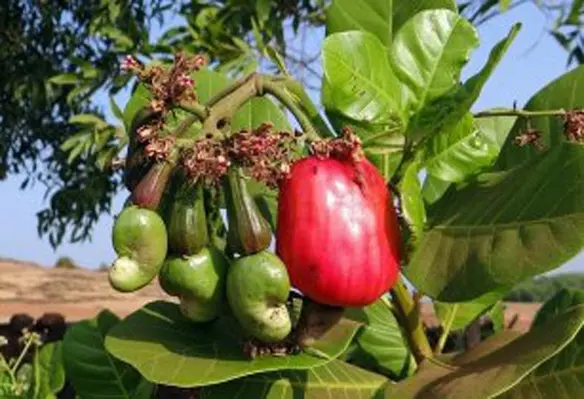Mallikarjuna Kumaraswamy, vice-president for OIam’s cashew business, has explained three ways the cooperative model is helping reimagine sustainable cashew supply chains
“We source much of our cashew from 100 partner co-ops across rural Africa and Asia, representing more than 50,000 smallholder farmers who rely on it as a source of income and food security. They afford the farmers access to information, inputs, credit and markets, allowing them to produce more and better quality through the power of the collective.”
In Africa, they sell their raw cashew to a complex network of local traders, resulting in individual farmers receiving low prices and very little investment. But the communication channels and collaboration between members that exist under a well-managed co-op, allow access to training, inputs, markets and a collective voice. And the support provided by the teams on the ground can be more ambitious due to the benefit of only having to deal with a single counterpart in terms of payment, legal processes and support infrastructure.
Empowering farmers to produce more and better
Co-ops serve as a hub for us to invest in training and resources – finance, seeds and other inputs - equipping farmers with the knowledge and tools they need to increase yields and income. For many small-scale cashew farmers, learning about proper pruning, organic composting, post-harvest processing and storage, will be the first kind of formal education they’ve had access to.
Take the often dreaded practice of pruning. Understandably, without prior knowledge of the added ‘flower power’ that correct pruning can bring, a cash-crop farmer will look at every branch or bud as money literally growing on their trees.
“In cooperatives in the Bono East and Savanna regions of Ghana for example, we’ve introduced beekeeping in partnership with German development agency GIZ. Farmers are trained and provided with hives and harvesting equipment.
Building thriving cashew communities
Cooperatives can act as a powerful vehicle for driving equality, innovation and behaviour change in rural communities. They facilitate important conversations, for instance around inclusion of women and child labour and we help them train members on acceptable labour practices and develop gender action plans.
Olam’s AtSource platform focuses on connecting customers - via multiple economic, social and environmental metrics - to the work cooperatives and their partners are doing to build a more sustainable cashew supply chain. AtSource offers a truly unique view of the entire journey of cashew.




